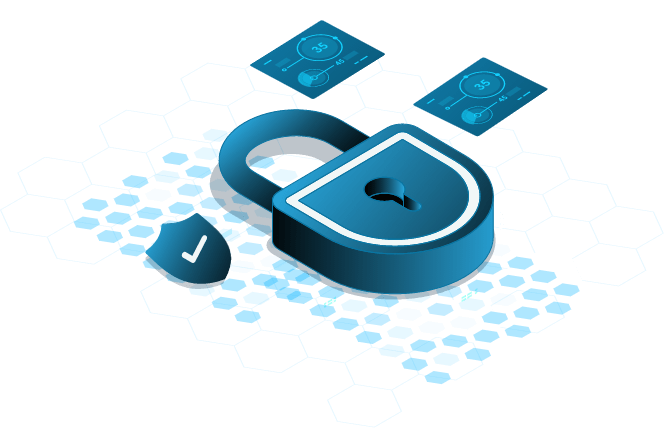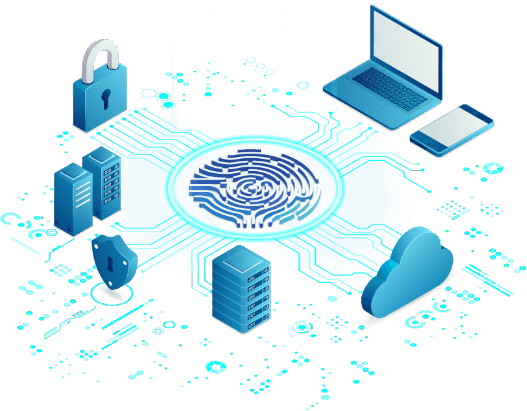Digital Identity Management
Decentralized & Secure Digital Identity Management Systems for the Public Sector

Effective digital identity management is essential for the development and sustainability of a digital economy. It plays a foundational role for organizations in both the public sector and beyond. Utilizing blockchain for government digital identity offers an ideal solution for addressing identity and access management challenges. This approach enables secure credential verification without exposing sensitive data to potential cyber breaches.

The Significance of Blockchain in Digital Identity
A digital identity encompasses all the aspects an individual has online, including user behavior, images, shopping preferences, and banking information. Essentially, it includes both offline and online aspects of an individual's identity. Blockchain technology secures these identities in a decentralized manner, enhancing security through advanced cryptographic techniques.
Blockchain solutions for digital identity generate decentralized identifiers to link digital identities with verifiable credentials. Blockchain in digital identity addresses existing challenges such as data insecurity, inaccessibility, and fraudulent identities within current ecosystems.
Current Obstacles in Government Digital Identity Solutions
The Efficacy of Blockchain-Based Solutions for Digital Identity Management
Benefits of Blockchain in Digital Identity Management
Why Choose Idero for Blockchain Identity Solutions?
Partner with Idero to harness the full potential of a secure and reliable blockchain-based platform. We can assist you in developing distinctive capabilities to issue, manage, and authenticate government digital identities. Establish a highly secure repository of user identity information and access an outcome-oriented network of digital credentials.










